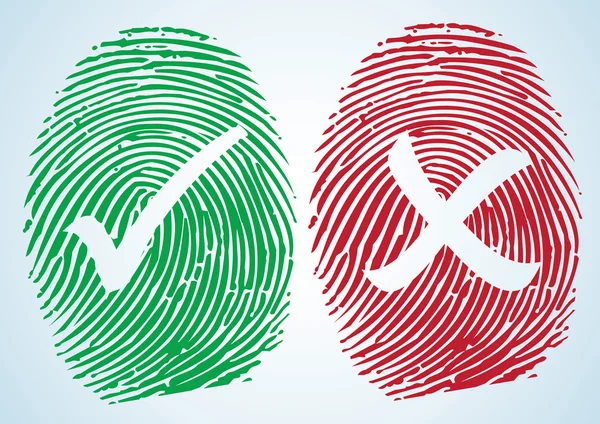Background checks are an essential part of various processes in today’s world, from hiring employees to renting apartments. Employers, landlords, and even individuals seek to uncover information about a person’s past to make informed decisions. However, the realm of background checks can be complex and often raises questions about privacy, accuracy, and fairness. In this blog post, we’ll delve into the intricacies of background checks, understanding their purpose, types, and the considerations involved.
Understanding Background Checks: Background checks are systematic inquiries into a person’s past, aiming to verify information and assess their suitability for a particular role or transaction. While they serve different purposes, the fundamental objective remains the same: to gather relevant data that can inform decisions.
Types of Background Checks:
- Employment Background Checks: Employers conduct these checks to verify a candidate’s credentials, employment history, criminal record (where legally permissible), and sometimes even their credit history. The extent of the check may vary based on the nature of the job.
- Tenant Screening: Landlords often use background checks to evaluate potential tenants’ rental history, creditworthiness, and criminal record to mitigate risks associated with leasing property.
- Criminal Background Checks: These checks focus primarily on an individual’s criminal history, including arrests, convictions, and sometimes even pending cases. However, it’s crucial to note that laws regarding the use of this information vary by jurisdiction and the type of check being performed.
- Volunteer Background Checks: Organizations that rely on volunteers may conduct background checks to ensure the safety of their constituents, particularly when working with vulnerable populations such as children or the elderly.
Considerations and Challenges: While background checks serve valuable purposes, several considerations and challenges warrant attention:
- Legal Compliance: It’s imperative for organizations and individuals conducting background checks to adhere to relevant laws and regulations, such as the Fair Credit Reporting Act (FCRA) in the United States, which outlines procedures for obtaining and using consumer reports for employment purposes.
- Privacy Concerns: Background checks involve accessing personal information, raising valid concerns about privacy and data protection. Organizations must handle this data responsibly and ensure it’s used only for legitimate purposes.
- Accuracy and Fairness: Background check reports aren’t infallible and may contain errors or outdated information. Moreover, there’s a risk of implicit bias influencing decisions based on certain criteria, such as criminal history. It’s crucial to employ reputable sources and methodologies to minimize inaccuracies and ensure fairness.
- Transparency and Consent: Individuals have the right to know when background checks are being conducted on them and to provide consent for the process. Transparency in communication and obtaining consent fosters trust and accountability in the process.
Conclusion: Background checks play a vital role in various aspects of modern life, helping individuals and organizations make informed decisions while mitigating risks. However, navigating the complexities of background checks requires diligence, adherence to legal standards, and a commitment to fairness and transparency. By understanding the purpose, types, and considerations involved, we can leverage background checks effectively while respecting privacy and upholding ethical standards.

